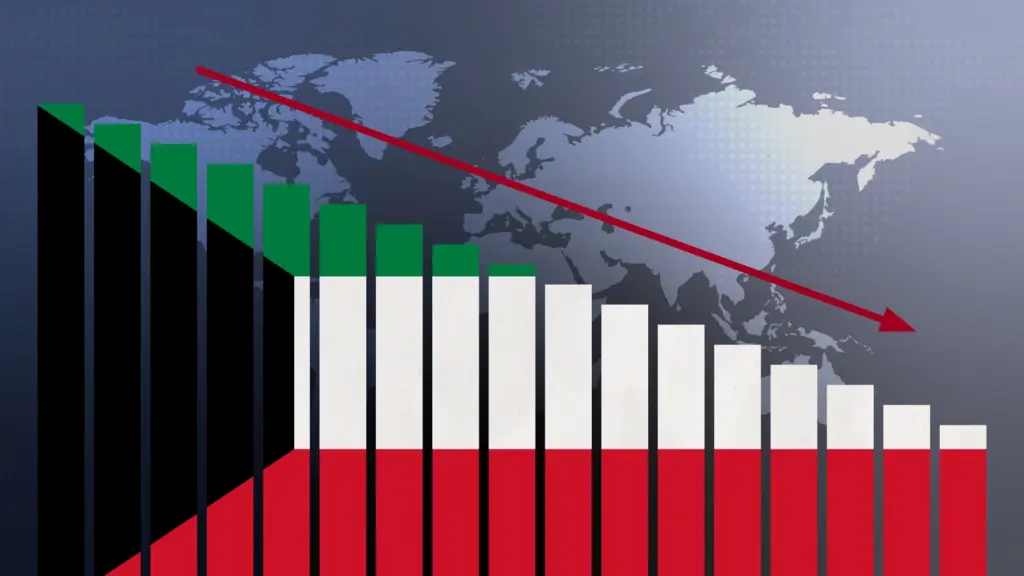Colossal Crypto Heist
News agencies reported that the scandal involved a new form of currency known as Bitcoin Kuwait. As the fraud spread across the country, the KD 40 million total was drained from accounts in just a few hours.
The scheme was developed over a three-year period, but everyone behind Bitcoin Kuwait seems to have remained anonymous. While the money has disappeared, nobody was aware of the identity of the criminals following the scam. Obviously, this makes the task to recover lost funds that much harder.
Blowing the Whistle
After such a long time in the planning stage, Bitcoin Kuwait collapsed almost immediately after its launch. The alarm was initially raised by Dr Safaa Zaman, President of the Kuwait Society for Information Security and a professor of computer science at Kuwait University.
Dr Zaman took to X (formerly Twitter) to raise awareness about the impending collapse, and in her post, she asked:
“Where is the oversight, where is the legislation, and where is the fraudster?”
Raising Awareness
Dr Zaman’s social media post perfectly underlines the dangers inherent in cryptocurrency investment. It’s due to regulatory failures that a scam of this magnitude is possible.
Within Kuwait, the Ministry of Commerce and Industry refuses to license Bitcoin trading, yet the legislation to safeguard members of the public just isn’t there. Uninformed investors, encouraged by media headlines hinting at the potential of crypto trading, are subsequently at the mercy of these fraudsters.

Scale of the Scam
The Bitcoin Kuwait scam isn’t the largest in the country’s history, but the figures are significant. The meme coin was promoted across different platforms, and it’s reported that some 2,900 investors bought into the project.
Each customer bought in at a series of different price points before the currency collapsed and the fraudsters vanished.
Research shows that investors who are most at risk from these scams tend to be gamblers and younger people. Mostly, they lack the financial literacy that helps them spot a scheme that appears too good to be true. The scale of the Bitcoin Kuwait scam is shocking, but while legislation remains weak, the potential for similar fraudsters to step in and take advantage is still there.
Arabcasinoguide urges people to do careful research before they decide to participate in such Bitcoin schemes, and to only choose licensed crypto casinos when they bet.



